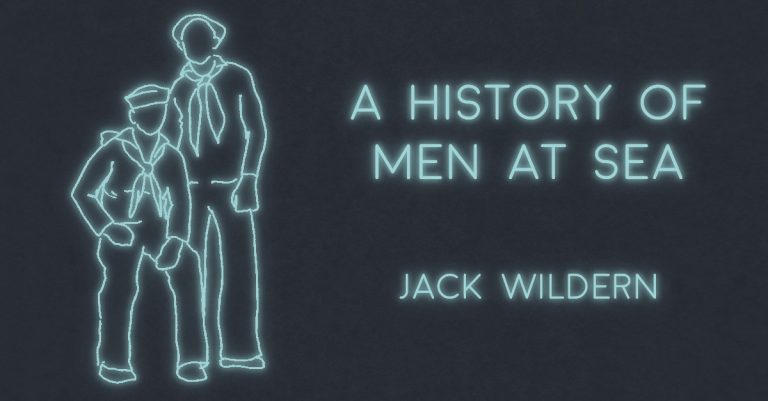
A HISTORY OF MEN AT SEA by Jack Wildern
Chris said it would be easy. We just had to avoid crashing into the pier when we launched. He liked the sea and I liked getting lost. Taking the boat out to the fort suited us both.

Chris said it would be easy. We just had to avoid crashing into the pier when we launched. He liked the sea and I liked getting lost. Taking the boat out to the fort suited us both.
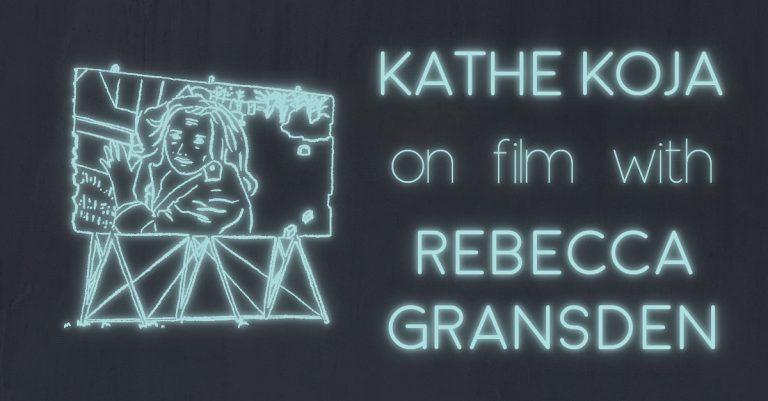
My sister had taken a bunch of us kids to the drive-in to see a scary movie, and we started out shrieking and giggling; by the end, we were jammed together in the front seat, silent, or crying. But the feeling I remember most deeply wasn’t fear, it was outrage.
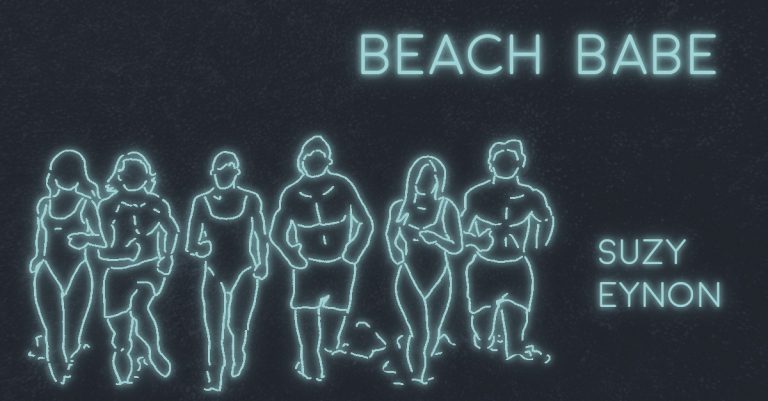
On the drive, you read an erotic story in a women’s magazine and try not to picture the dripping peach as your father navigates over sizzling asphalt.
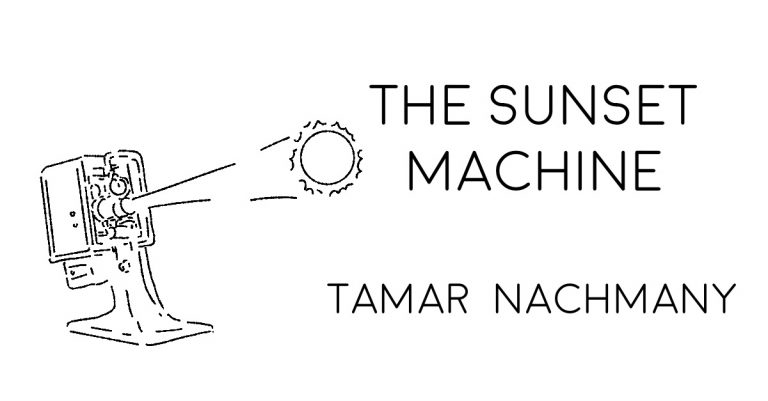
But getting pregnant was highly unlikely under these circumstances. Etgar slept across town. And sexting couldn’t get you pregnant.
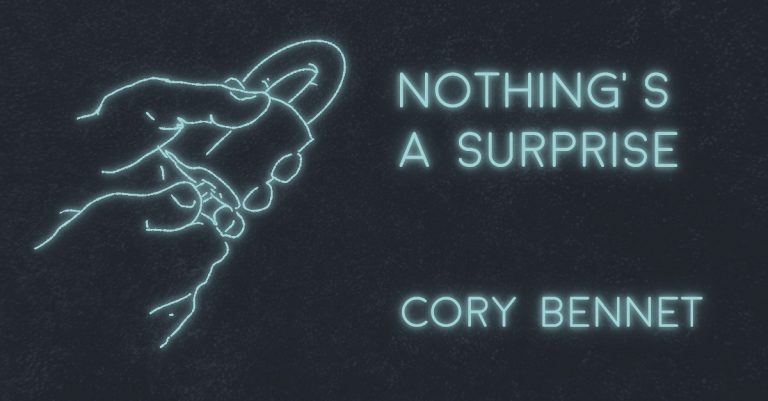
A key that unlocks many locks is dope but a lock that opens for any key is busted, is how it was explained to me once, but I’m no fucking locksmith. I just liked getting laid.
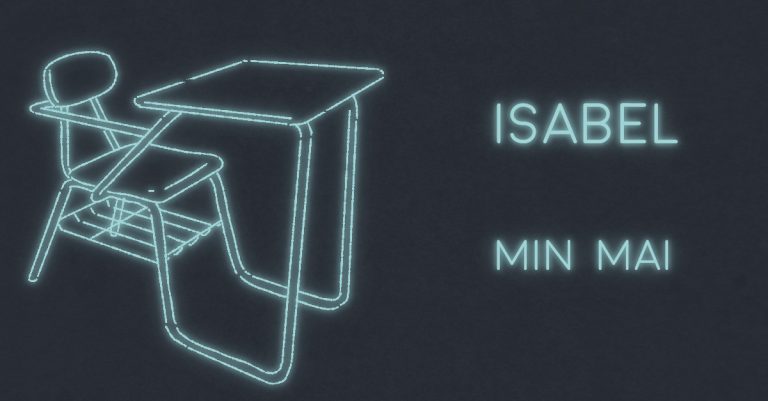
We were scraping the gum off the underside of a desk when she removed her dress, folded it into a square, and rested it on the teacher’s desk. She said simply that she didn’t need the job of cleaning the gum off her clothes too. I stared at her sandy skin exhaling its own heat. I was sad for her: she was loveless.
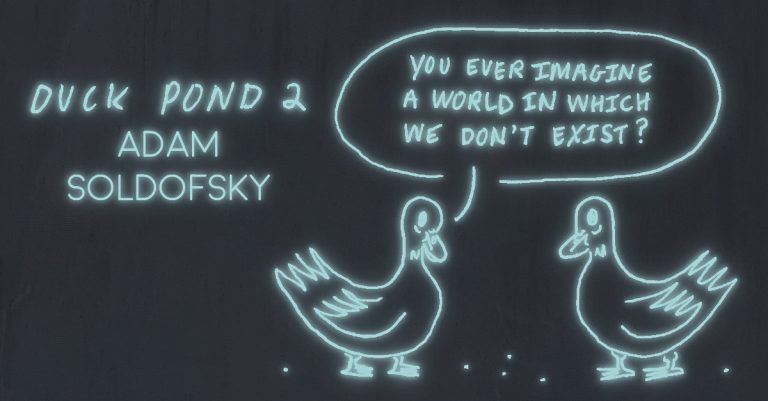
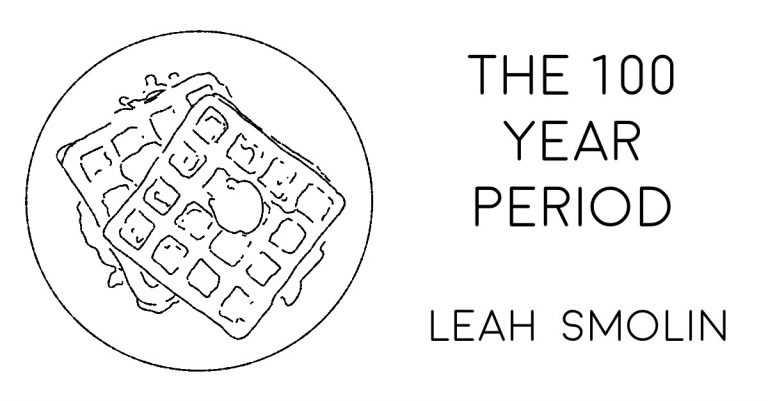
Today marks my one hundredth anniversary working at the waffle factory. They threw a little party for me in the breakroom—coffee in paper cups, a pink cake with ONE HUNDRED written on it in frosting. My friend Ellie mimed throwing up on the cake. I laughed and covered my mouth with my cup.
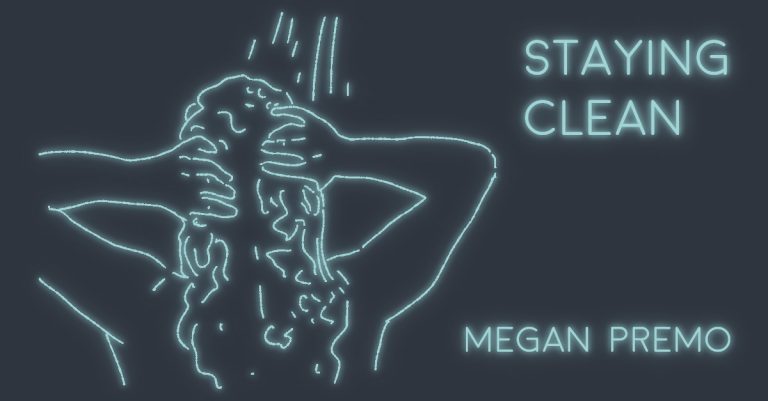
The foamless rectangle was greenish-blue, an institutional color, not a tropical one, and it smelled like something meant to clean dishes or toilets or floors, not human hair, not fourteen-year-old girls’ bodies.
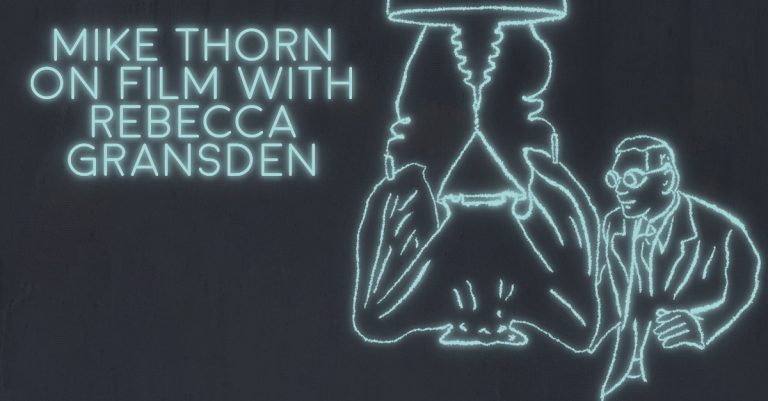
Horror is the genre I associate most immediately with transgression and secrecy, which is part of the reason I adore it so much.
